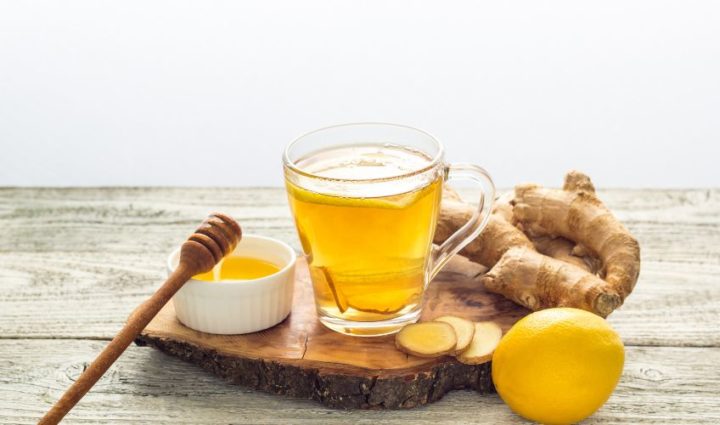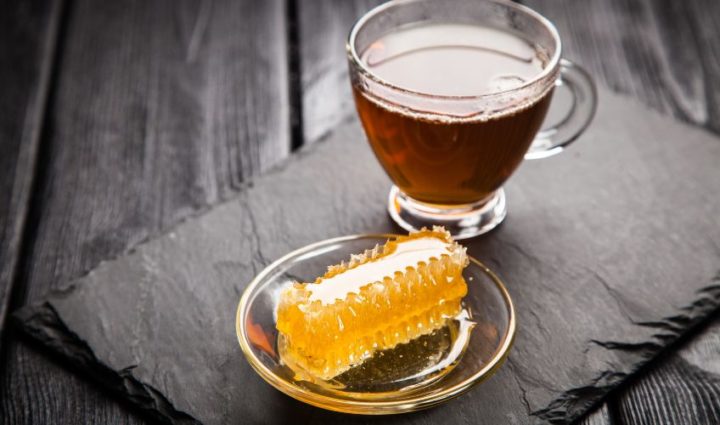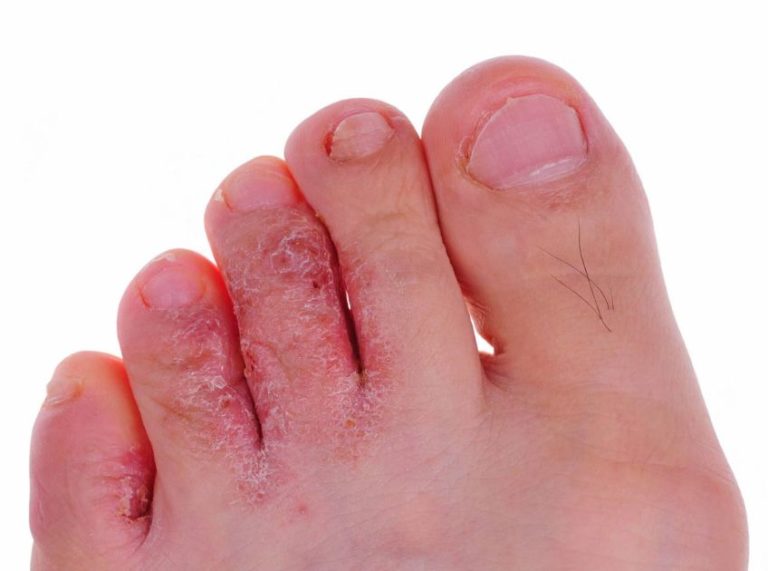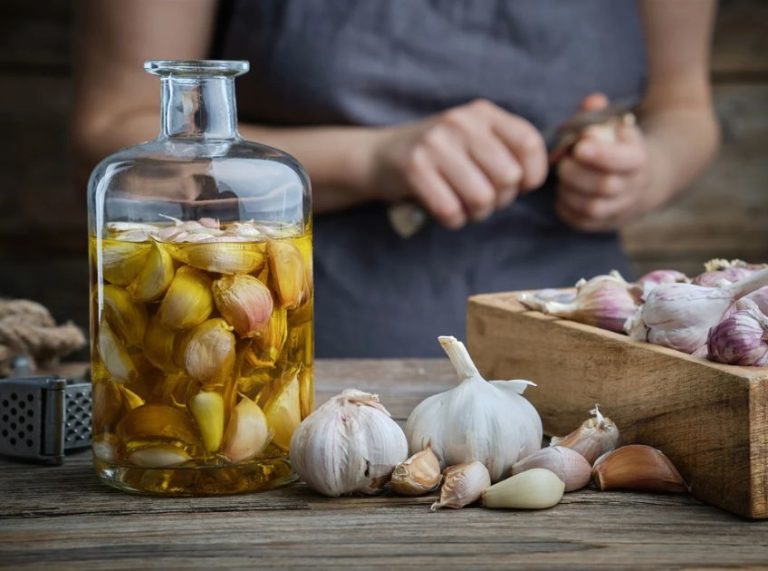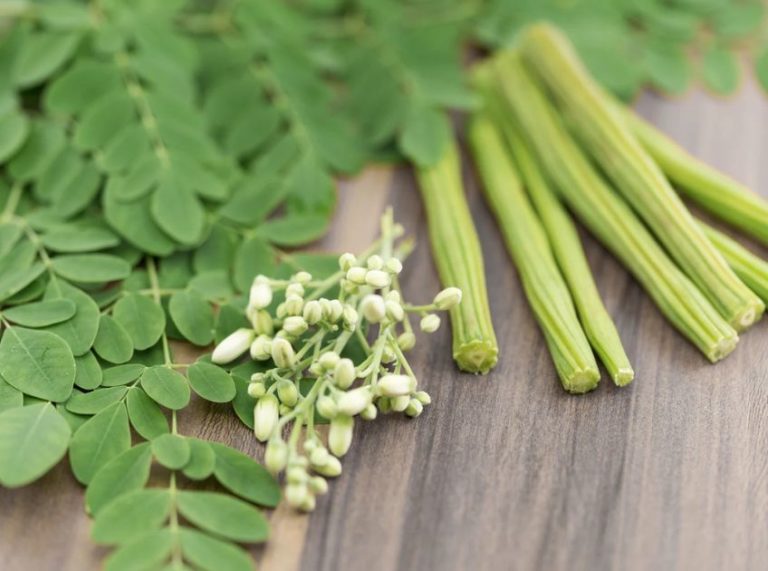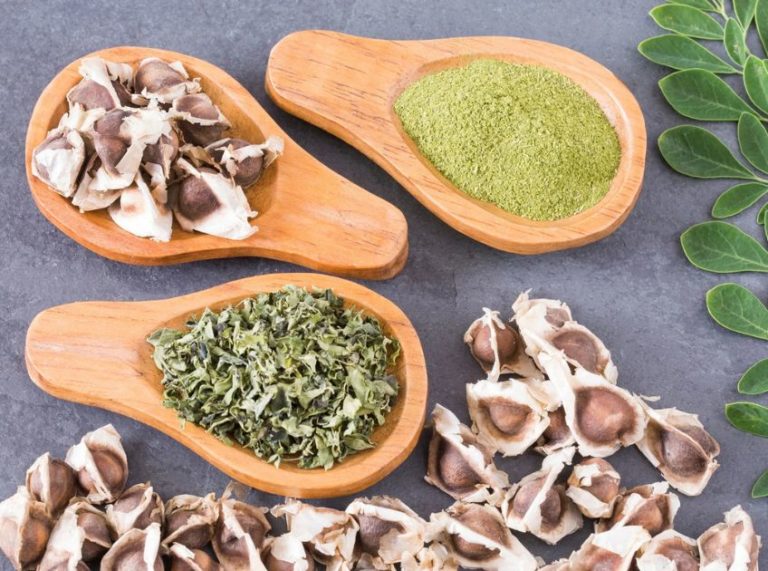
Important: This article is for informational purposes only. Please read our full disclaimer for more details.
There are many home remedies for tonsillitis, and the best way to determine which remedy is best for you is to consult with your healthcare professional. These home remedies can be helpful in relieving tonsillitis symptoms and should be tried if you don’t want to go for other treatments.
7 Home Remedies for Tonsillitis
There are a few home remedies for tonsillitis that may help reduce the symptoms and you can do these steps at the comfort of your home. These remedies include:
1. Gargling with Salt Water
Gargling with salt water for tonsillitis is a popular home remedy that has been used for centuries. The theory behind gargling with salt water is that it helps to relieve pain and inflammation in the tonsils. Salt water also helps to clean out the tonsils and reduce the number of bacteria that is present.(1)
- start by filling a glass with water and adding a few teaspoons of salt.
- Stir the salt around until it is dissolved.
- Gargle the water several times a day, spitting each time.
- Be sure to drink plenty of fluids while gargling with salt water for tonsillitis to help keep
- This method lacks scientific proof that it reduces tonsils.
2. Ginger Tea
Ginger tea is a great way to relieve tonsillitis symptoms. Ginger is a naturally occurring anti-inflammatory agent and has been shown to help ease symptoms such as pain, swelling, and fever. Adding ginger to your diet can also help to improve your overall digestion.(2)
- Try mixing 2-3 teaspoons of ginger powder with 8-10 ounces of hot water
- Drink as soon as possible after waking up in the morning or before bedtime.
- For a more soothing experience, try drinking ginger tea mixed with honey or lemon. [1]
3. Humidifier
A humidifier for tonsils can be a great way to provide relief from dry mouth and throat symptoms. Many people use humidifiers to alleviate symptoms of the common cold, but humidifiers can also be helpful for people with tonsillitis. When you have tonsillitis, your tonsils are swollen and painful. A humidifier can help to moisten your throat and reduce the swelling and pain.(3)
This remedy needs more studies to be conducted.
4. Honey Tea
Honey tea is a soothing drink that can help soothe your throat and relieve congestion. Honey is known for its antibacterial properties. There are many variations of honey tea, so find one that is right for you. Some ingredients you may want to include in your honey tea recipe are ginger, lemon, and honey.(4)
- Add these ingredients to a pot of hot water
- allow the tea to steep for several minutes.
- Once it is ready, drink it hot and enjoy the soothing, Golden Flower taste. [2]
5. Ice Chips or Popsicles
If you have tonsils, you might be wondering if eating popsicles or ice chips can help you feel better. The answer is yes, both options can help to soothe your tonsils and reduce the pain. Popsicles and Ice chips are a great way to cool down your throat and help to relieve any pain or discomfort that you might be feeling.(5)
Though this remedy needs more evidence.
6. Get Plenty of Rest
Getting plenty of rest helps the tonsils problem by helping to improve overall health. A lack of rest can lead to stress, which in turn can lead to a number of health problems, including an increase in inflammation. This increased inflammation can lead to problems with your tonsils, including difficulty in swallowing and sore throats. Getting plenty of sleep can also help to improve your overall sense of well-being, which can in turn help to reduce your risk of developing other health problems. This has not been proven scientifically.
7. Drink Warm Soups
Drinking warm soups for tonsils is one great way to soothe your throat and help to heal any soreness or inflammation. Hot liquids can help to reduce inflammation and soothe your throat, while also providing the nutrients and vitamins that your body may need. This remedy is not proven scientifically.
Things to Avoid When You Have Tonsillitis
When you have tonsillitis, you may feel a lot of pain in your tonsils and in the back of your throat. Here are some things you should avoid to help reduce the pain and inflammation:(6)
- Avoid eating a lot of spicy food. spicy food can increase the inflammation in your tonsils.
- Avoid smoking. Smoking can increase the inflammation in your tonsils.
- Avoid using harsh mouthwashes or toothpaste. These can also increase the inflammation in your tonsils.
- Avoid sitting in a cold or draughty place.
What are the Causes of Tonsillitis?
There are many possible causes of tonsillitis, but the most common are:
- viruses
- Bacteria
- Fungi
Viruses are the most common cause of tonsillitis in children, while bacteria are the most common cause in adults. Tonsillitis caused by fungi is relatively rare.
What are the Symptoms of Tonsillitis?
There are a few symptoms of tonsillitis that can occur. The most common are:(7)
- Fever
- Sore throat
- trouble swallowing
- Other symptoms may include:
- Decrease in appetite
- Difficulty sleeping or
- A headache.
When to See a Doctor for Tonsillitis?
If you have sore throat, fever, redness, swelling, or pain in your tonsils, you should see a doctor. There are a few different ways to get tonsillitis. It can be caused by a virus, a bacteria, or a different type of infection. If you don’t see improvement after using these home remedies, your doctor may prescribe medicines or in some cases order a tonsillectomy (removal of your tonsils).(8)
Tonsillitis is usually caused by a virus, although it can also be caused by bacteria. Treatment for tonsillitis typically involves antibiotics. Home remedies for tonsillitis can help to relieve symptoms and speed the recovery process. Some of the most common home remedies for tonsillitis include gargling with warm water and salt, drinking lots of fluids, resting the jaw, and taking ibuprofen. It is important to seek medical advice if it does not respond to home remedies.
You Might Also Like:
- How To Dissolve Kidney Stones With Lemon Juice
- 6 Effective Yoga Asanas to Flush Out Kidney Stones
- 5 Best Yoga Poses for Healthy Liver
- Clean Your Liver And Lose Weight In 72 Hours With This Powerful Drink
- How to Cleanse Your Liver With Apple Cider Vinegar?
